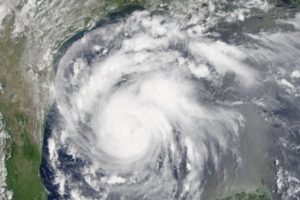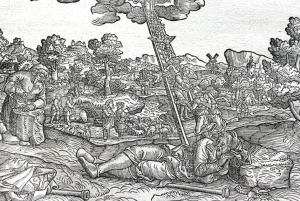 Tucked into the second page of the Seattle Times under the heading, Newsline, and subheading, The World, I found this brief note.
Tucked into the second page of the Seattle Times under the heading, Newsline, and subheading, The World, I found this brief note.
Nuns killed: Pope Francis on Monday led the Catholic Church’s mourning of three elderly Italian nuns, beheaded in Burundi following two separate attacks Sunday on the convent where they were serving as missionaries.
Before we talk about these women, let’s turn the page for a moment. I watched in horror over the past monthor two the saga of beheaded Americans, with a member of ISIS wagging his knife and threatening President Obama. I listened to debates about what to do. I saw national ire rise like leaven, as I, too, mourned the loss of men who made a difference.
It’s not just the death, of course, that troubles me. It’s the vulgarity of this sort of death. It’s the barbarity of a beheading that is unfathomable to me.
I’m riveted by the utter inhumanity of this, by the bombastic cowardice of a knife-wielding, face-shrouded murderer. But at least he had something to say. Say what? That’s right. You heard me. At least he had something to say. Misguided. Untrue. Indefensible. Stupid, even, as if a frowning, shrouded clown wagging a knife in front of a camera would prompt the president of the United States to stop bombing targets in Iraq? But something to say, something to communicate.
The men who beheaded these nuns?
Nuns in a convent.
Nuns who worked with the poorest people in a country ranked among the poorest five countries in the world.
Nuns in their 70s and 80s.
These men had nothing to say, no message to offer, no ultimatum to issue. Authorities surmised that it was a robbery, though, oddly enough, nothing was taken. They murdered those nuns in secret. As if beheading couldn’t get worse than the ones we saw splashed on our screens. But it did. It became even more senseless, more cowardly, more heinous.
These nuns, tucked away in a destitute corner of the world, the way their deaths were tucked into the Seattle Times, have now been buried in Burundi.
So for the record, I want to print their names in recollection of their lives spent in a vow of simplicity, and in recollection of their community, which will be tattered by the memories of their rape, their slit throats, and a beheading.
Olga Raschietti, 75
Lucia Pulici 82
Bernadetta Boggian, 79
According to The Daily Beast, “The three nuns were no strangers to working in Africa’s difficult, sometimes hostile environments. According to the diocese of Parma, Italy, where the Xaverian order is based, they had all faced challenges working in Zaire, now the Democratic Republic of Congo, in the 1970s and 1980s.
Their names don’t need to be splashed across the news. Yet they need to be named. Their accomplishments, their convictions—like staying in Burundi during retirement and praying with their sisters rather than heading to the security of home—need to be remembered.
Let me make some suggestions:
-
Write a brief email to the monsignor in Parma, asking him to pass it along to the sisters in Burundi.
-
Read the biographies of these women on the diocesan website. Sure, they’re in Italian, but you can figure a lot of it out.
-
Pray, as you look at their craggy faces.
-
Send one of these links–the monsignor’s email, the biographies, this post–to someone else so that these women become known to them, too.
-
Reflect for a few moments on the tenacity of their faith (and reflect as well on the tenacity of your own).
My daughter wrote to me when she watched Anderson Cooper’s conversation with Nancy Writebol, a missionary who survived the ebola virus. Chloe wrote, “She wants to go back! I can’t believe it.”
Lucia Pulici, Olga Raschietti, and Bernadetta Boggian stayed in Burundi, though by all rights they should have left. I’d say Nancy Writebol and these three women, separated by church, no doubt by liturgical preference, and by country of origin, shared one thing that matters: a faith that took them to the imperiled and impoverished, time and again.
I share Chloe’s astonishment at the doggedness of such faith.











